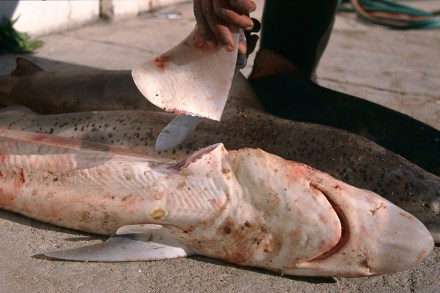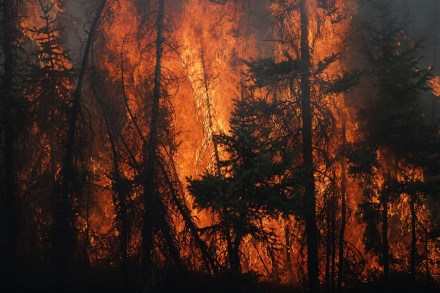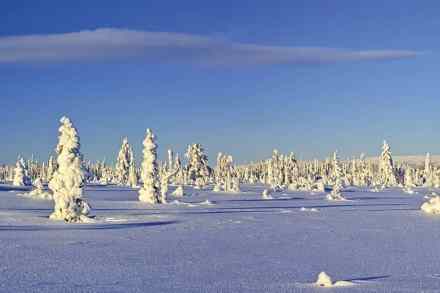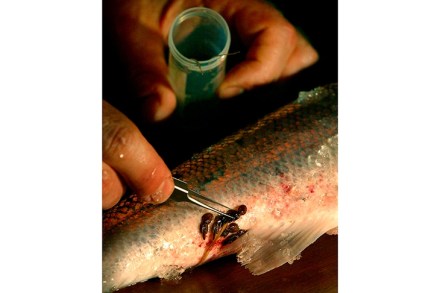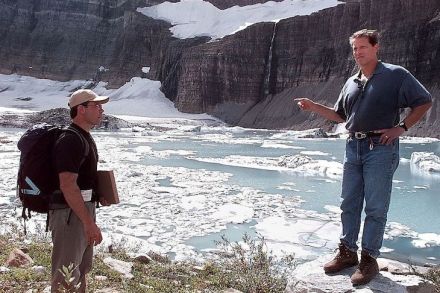After half a billion years, are sharks heading for extinction?
Sharks were never far from our minds as we grew up on the beach in Adelaide. Although attacks were rare, they were real. My grandfather was witness to the fatal mauling of a swimming instructor in the 1930s, and later a friend from university was killed while scuba diving off Port Noarlunga. Yet for the most part sharks were more an idea than a living presence. Other than an unsettlingly close encounter with a bronze whaler when I was 20, my interactions with the creatures as a young person were mostly confined to observing gentle Port Jackson sharks, wobbegongs and grey nurses while snorkelling and diving. This tendency to see
